Cardiac arrest — when your heart suddenly stops pumping — is Sisters Slavea killer in the U.S., but at least it probably won't happen during sex.
Scientists at the Cedars-Sinai Heart Institute analyzed over 4,500 sudden cardiac events that took place between 2002 and 2015 in Portland, Oregon, as part of the long-term Oregon Sudden Unexpected Death Study. Their results, published in the Journal of the American College of Cardiology, show that less than one percent of these cardiac arrest cases, 34 in total, were related to sex, occurring either during sex or within an hour afterwards.
SEE ALSO: Medical delivery drones could expedite defibrillationsAs one might expect, these sexually-triggered heart incidents occurred mostly in men with an average age of 60 who had known heart problems, although one patient was 34. Only two of the cardiac arrest victims were women.
This should temper some of the concerns people with heart disease might have about this heart-pumping cardiovascular activity.
"People will ask their doctors if sex increases their risk of sudden death, and we’ve never had the answer before because there never was a study,” said Sumeet Chugh, the study’s lead author and associate director of the Heart Institute for Genomic Cardiology at Cedars-Sinai, in a statement.
“Over the years, we’ve had a fair bit of data on physical activity and how it’s related to sudden cardiac arrest, but no one had looked specifically at sexual activity. The risk is very small.”
via GIPHY
For heart patients, the question of having sex "needed to be answered," Michael J. Ackerman, a genomics and cardiovascular researcher at the Mayo Clinic who was not involved in the study, told CNN.
"I think it's important to healthy relationships to have this anxiety lifted," Ackerman said.
Althoughthe risk for for heart-stopping sex is small, cardiac arrest still unexpectedly kills around 300,000 people in the U.S. each year.
Cardiac arrest is different than a heart attack, which is an even greater threat, killing 735,000 Americans every year. During cardiac arrest, the heart stops when the organ's electrical system malfunctions. These are often caused by heart arrhythmias like ventricular fibrillation — so common that you've probably seen defibrilliators (AEDs) at work or in public places. Defibrilliators are intended to shock a malfunctioning heart back to its normal pumping function.
Heart attacks, however, happen when something like a glob of accumulated fat blocks the blood flow to someone's heart, depriving the heart of blood and causing part of the heart muscle to die.
(Editor: {typename type="name"/})
 While we were all laughing at Trump's awkward handshake, you missed this guy in the corner
While we were all laughing at Trump's awkward handshake, you missed this guy in the corner
 Sir Anthony Hopkins pays tribute to Chadwick Boseman in Oscar acceptance speech
Sir Anthony Hopkins pays tribute to Chadwick Boseman in Oscar acceptance speech
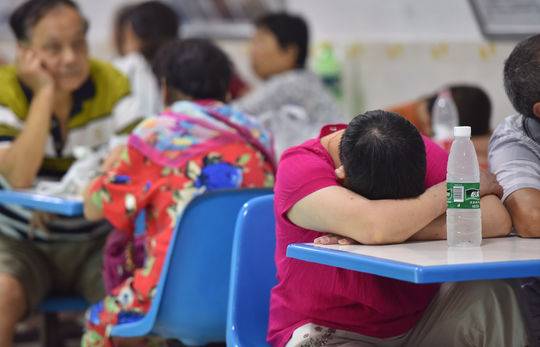 Picky gorilla wanting to see more pictures of apes is all of us on dating apps
Picky gorilla wanting to see more pictures of apes is all of us on dating apps
 Instagram tests Storylines, a collaborative twist on Stories
Instagram tests Storylines, a collaborative twist on Stories
NYT Connections Sports Edition hints and answers for April 26: Tips to solve Connections #215
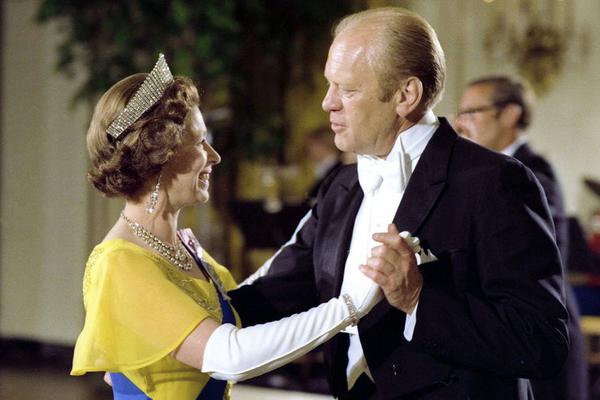 Connections: Sports Editionis a new version of the popular New York Times word game that seeks to te
...[Details]
Connections: Sports Editionis a new version of the popular New York Times word game that seeks to te
...[Details]
Florida man faces eviction over emotional
 Never get in the way of a man and his pet...even if it's a nut-loving rodent. Ryan Boylan was issued
...[Details]
Never get in the way of a man and his pet...even if it's a nut-loving rodent. Ryan Boylan was issued
...[Details]
Twitter updates policies with more words on why it won't ban Trump
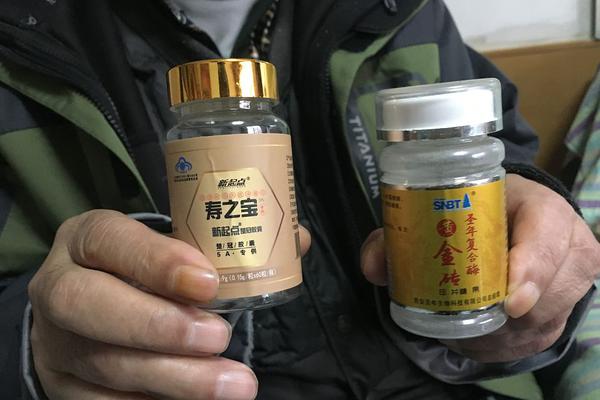 Twitter wants to be absolutely clear to everyone what's a good tweet and what's a bad tweet. And by
...[Details]
Twitter wants to be absolutely clear to everyone what's a good tweet and what's a bad tweet. And by
...[Details]
15 best tweets of the week, including wind breakers, Cody Rigsby, and Four Loko
 Like a thief in the night, April came and somehow has nearly gone. Yep, it's Friday, another week is
...[Details]
Like a thief in the night, April came and somehow has nearly gone. Yep, it's Friday, another week is
...[Details]
'The Last of Us' Season 2, episode 5: The spores are here!
 Craig Mazin and Neil Druckmann's HBO adaptation of The Last of Ushas stuck pretty close to the Naugh
...[Details]
Craig Mazin and Neil Druckmann's HBO adaptation of The Last of Ushas stuck pretty close to the Naugh
...[Details]
How to use the YouTube mobile app's new data
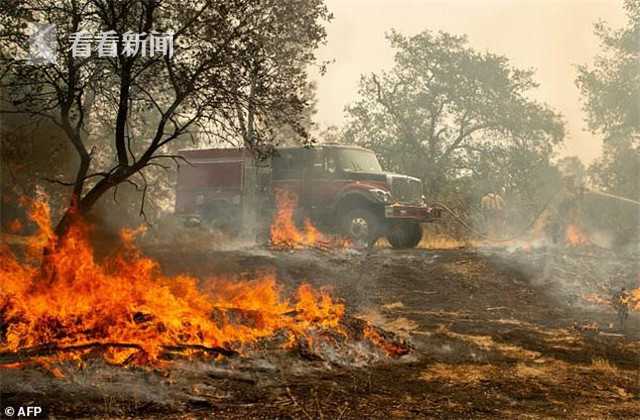 Small tweaks sure can make big differences.The YouTube mobile app, on both iOS and Android, now make
...[Details]
Small tweaks sure can make big differences.The YouTube mobile app, on both iOS and Android, now make
...[Details]
6 Thoughts I Had After Spending 24 Hours Using Apple's AirTags
 I am convinced the only reason Apple managed to generate so much hype over its AirTags is because pe
...[Details]
I am convinced the only reason Apple managed to generate so much hype over its AirTags is because pe
...[Details]
Trump's tweet criticising Kim Jong
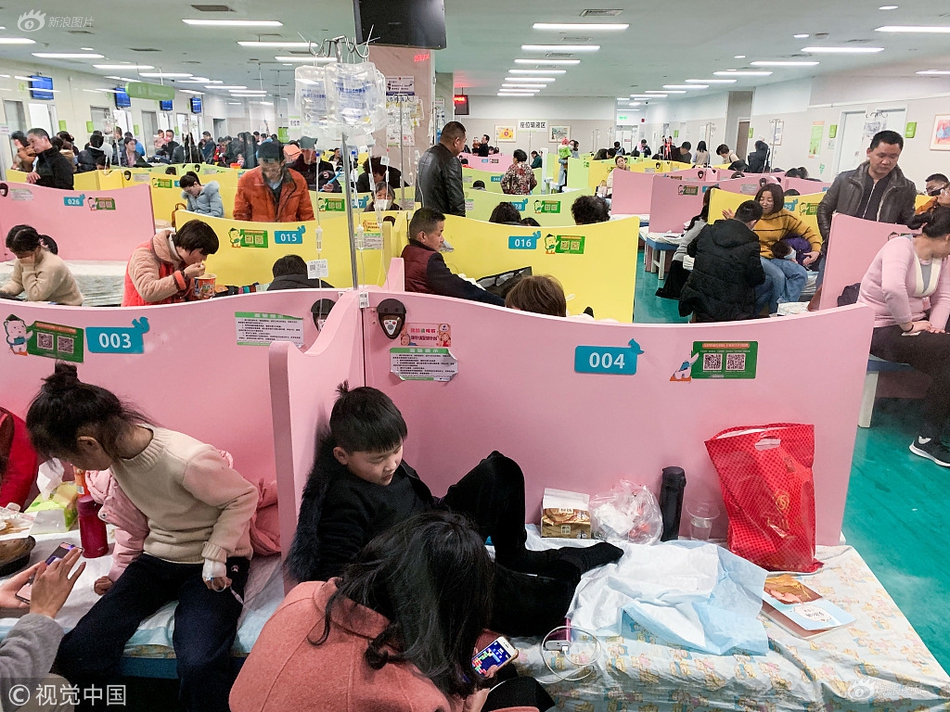 This feature puts Donald Trump's tweets a lot more into perspective.A recent tweet by the U.S. Presi
...[Details]
This feature puts Donald Trump's tweets a lot more into perspective.A recent tweet by the U.S. Presi
...[Details]
 The Jaundiced Eyeball
...[Details]
The Jaundiced Eyeball
...[Details]
Taylor Swift will never be your feminist hero, but who cares
 Every time a Taylor Swift album is released, critics ask the same exhausting question -- will thisbe
...[Details]
Every time a Taylor Swift album is released, critics ask the same exhausting question -- will thisbe
...[Details]
Nintendo Switch 2 preorder just days away, per leak
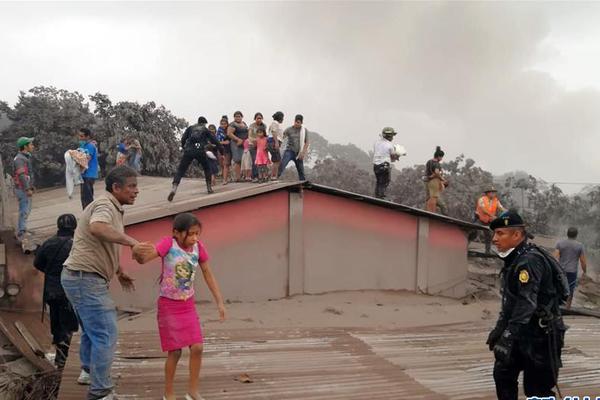
Photoshopped Lupita Nyong'o cover was a 'monumental mistake' says photographer
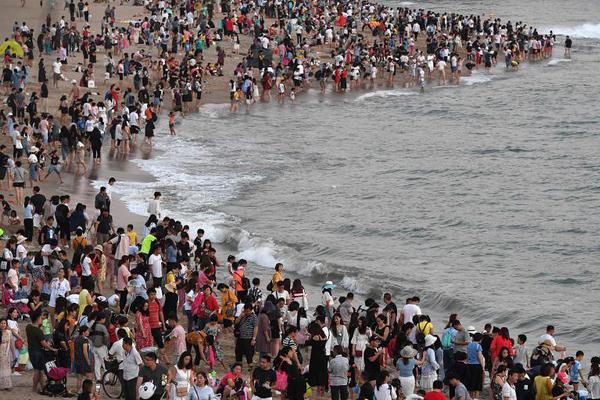
接受PR>=1、BR>=1,流量相当,内容相关类链接。